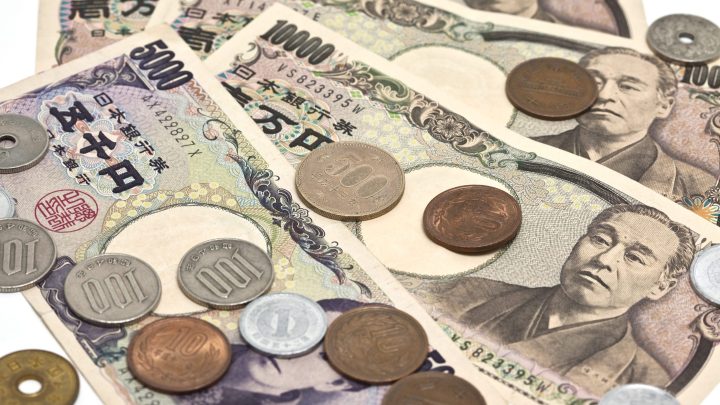
Why the U.S. isn’t concerned that Japan might act to prop up its currency
Why the U.S. isn’t concerned that Japan might act to prop up its currency

Friday is the one-year anniversary of a fairly unusual move by the Japanese government. It bought up a bunch of its own currency, in order to prop up its value and make its imports less expensive.
Last year, the yen had been falling versus the dollar, since the Bank of Japan had been keeping rates low and the Federal Reserve had been … well, you know.
Fast forward to today, and the yen’s value is falling again. And this week, Japan signaled that it might take additional steps to prop up the yen.
The United States isn’t always cool when other countries try to influence their currency. But this week, Treasury Secretary Janet Yellen said the U.S. might understand if Japan decides to intervene to support the yen. The Treasury Department’s opinions on foreign currency policy depend on the details.
The U.S. has a few reasons to be concerned if a country tries to influence its own currency.
“They’re particularly concerned about countries that try to keep their currency low to make their exports more competitive,” said Mary Lovely, senior fellow at the Peterson Institute for International Economics.
Lovely said if another country tries to manipulate their currency down and make their exports cheaper, that can give them an unfair advantage, which ticks off the U.S. government, American companies and workers.
“Because they feel that it creates a situation where competition between firms is not based on market conditions. It’s based on government decisions to intervene in the currency market,” Lovely said.
The U.S. has a history of accusing China of currency manipulation. But Japan is a different story. For one, our political relationships are very different. And two, Japan is trying to boost its currency. Not deflate it.
That’s just not as concerning to the U.S. “because it doesn’t threaten U.S. industries,” said Takatoshi Ito, a professor at Columbia.
Ito said Japan is also trying to make the yen more stable, “for not only Japanese investors and exporters, but also the global trading system.”
If the yen jumps around too much, anyone that wants to trade with Japan might hold off. Supply chains could seize up.
Kathryn Dominguez, a professor at the University of Michigan, said this is not the time for that to happen.
“The world economy is fragile, and the U.S. feels it would be in their best interest for all of the … especially advanced economies, to continue to thrive,” Dominguez said.
Dominguez said a stronger yen could boost the Japanese economy. That’s because Japan imports a lot of products. Especially energy and raw materials.
“So as the yen appreciates, they basically have to spend less yen, in order to purchase the same amount of fuel and raw materials,” Dominguez said.
And Dominguez said a stronger Japanese economy could increase demand for American products.
There’s a lot happening in the world. Through it all, Marketplace is here for you.
You rely on Marketplace to break down the world’s events and tell you how it affects you in a fact-based, approachable way. We rely on your financial support to keep making that possible.
Your donation today powers the independent journalism that you rely on. For just $5/month, you can help sustain Marketplace so we can keep reporting on the things that matter to you.

















